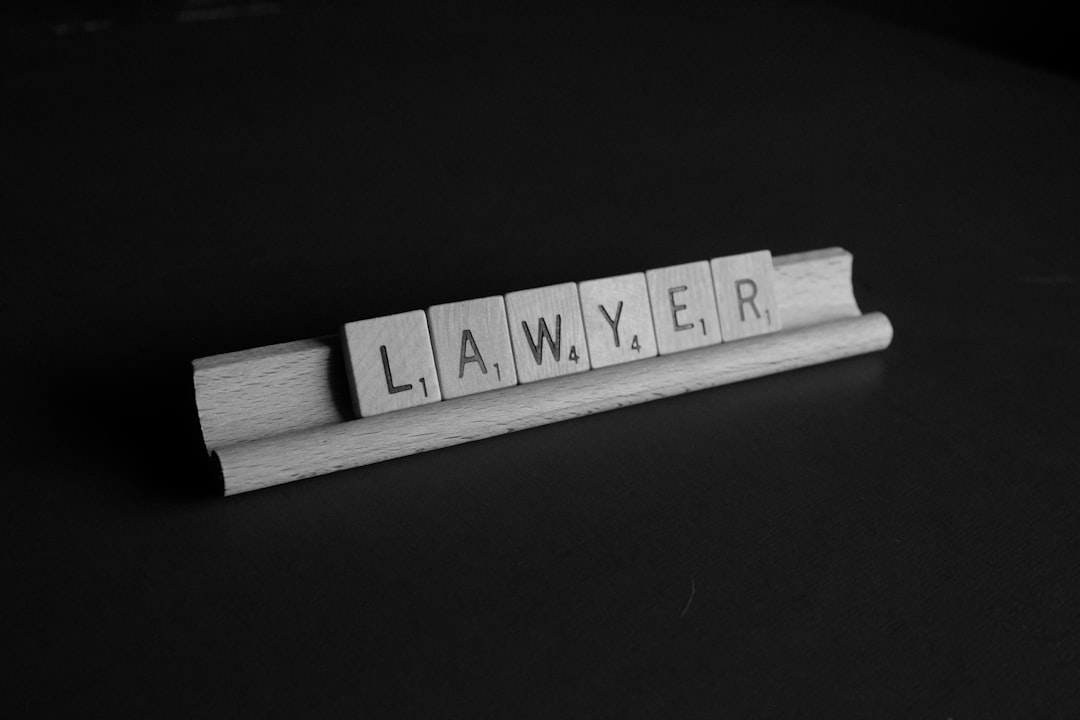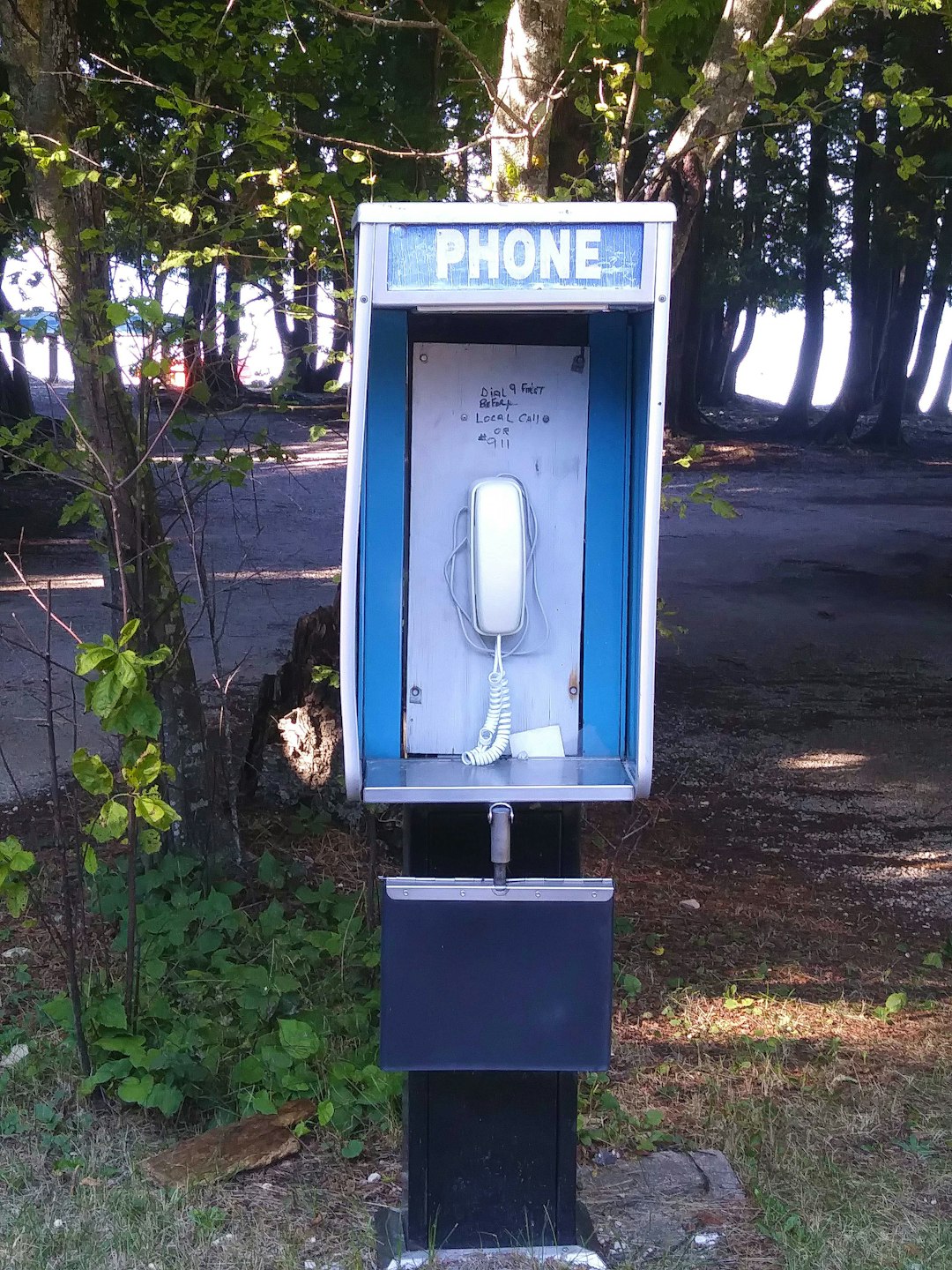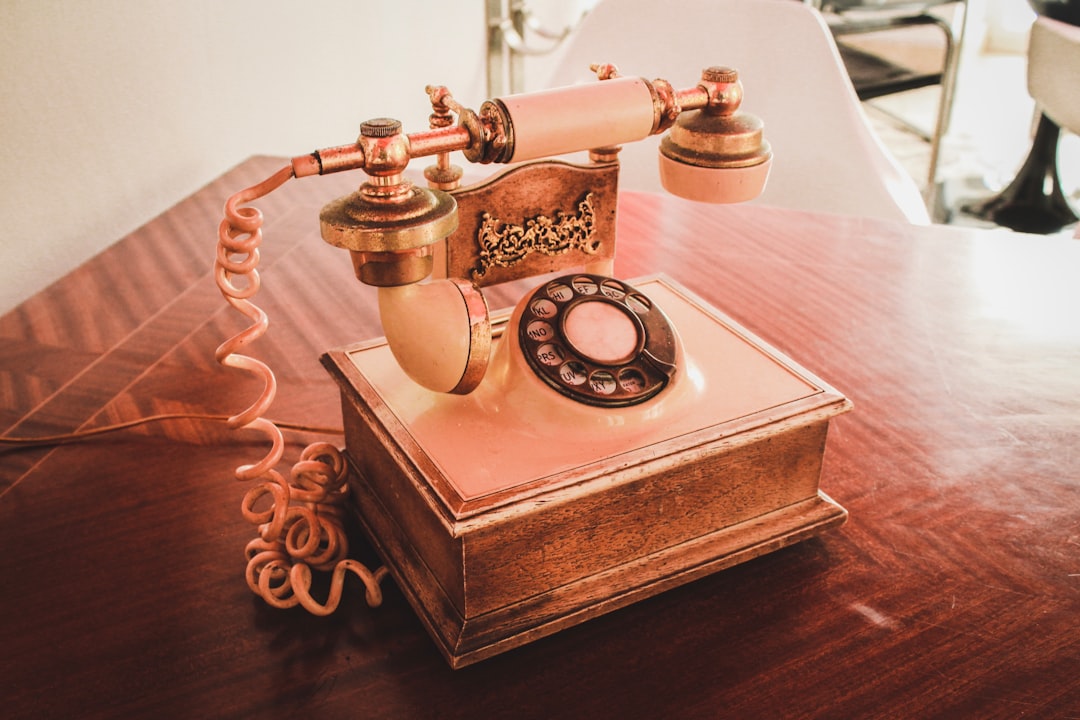Maine's Do Not Call Laws protect residents from unwanted telemarketing and fraud. Register your number to reduce sales calls. Be wary of deceptive tactics like impersonating businesses or urgent language. Verify caller identity before sharing personal info. Report scams to MPUC or law enforcement. Use Do Not Call Laws Maine as a defense against fraudulent activities.
Old Orchard Beach residents, stay alert! Learn how to recognize telemarketing fraudulence and protect yourself from scams. In Maine, understanding the state’s stringent Do Not Call Laws is a powerful first step. This guide equips you with knowledge about common tactics scammers use, their mimicry of legitimate businesses, and crucial tips for safeguarding your personal information during calls. Additionally, we’ll show you how to report suspicious activities effectively.
Understanding Maine's Do Not Call Laws

In the state of Maine, consumers are protected by specific Do Not Call laws designed to prevent telemarketing fraud and unwanted calls. The Maine Public Utilities Commission (MPUC) enforces these regulations, offering relief from relentless sales or marketing phone calls. Under the Do Not Call registry, residents can register their telephone numbers to opt-out of such calls, providing a powerful tool against telemarketers.
Understanding your rights under Maine’s Do Not Call laws is essential. Not only does registration limit the number of unsolicited calls you receive, but it also allows you to report violators to the MPUC. By taking advantage of these protections, residents can enjoy more peaceful and secure interactions with telemarketers, ensuring their personal information remains safe from fraudulent activities.
Recognizing Common Telemarketing Tactic

Telemarketers often employ various tactics to convince potential victims, so it’s crucial for consumers in Old Orchard Beach and beyond to stay alert. One common method is the use of urgent language, creating a sense of fear or limited-time offers. They might claim that you’ve won a prize or that there’s an issue with your account, demanding immediate action. Scammers also often mimic legitimate businesses, using similar names and logos to trick consumers into believing they are dealing with a trusted entity.
Being aware of these tactics is the first step in protecting yourself. Maine has Do Not Call Laws in place, giving residents control over unwanted calls. If you receive suspicious calls, don’t provide personal information. Instead, verify the caller’s identity by contacting the company directly through official channels to ensure the legitimacy of their claim.
How Scammers Mimic Legitimate Businesses

Scammers often mimic legitimate businesses to trick consumers into providing personal information or making purchases. They may pose as familiar companies, using well-known brands and even mimicking their customer service tone and procedures. For instance, a scammer might call pretending to be from your bank, utility company, or a popular online retailer. They may claim there’s an issue with your account and urge you to act quickly, often asking for sensitive details over the phone.
These fraudulent calls can be especially convincing as they use legitimate-sounding names, references to real products or services, and even fake websites that closely resemble the genuine article. Scammers also target Do Not Call laws in Maine by calling from numbers that appear local, making their deception even more effective. Staying vigilant and verifying any unexpected calls or messages is crucial to protecting yourself from such fraudulent activities.
Protecting Personal Information During Calls

When receiving telemarketing calls, it’s crucial to be vigilant about sharing personal information. Always remember that legitimate companies will not pressure you for immediate answers or ask for sensitive data over the phone. Be wary of calls that demand immediate action, as this could be a tactic used by scammers.
Under Maine’s Do Not Call Laws, businesses are prohibited from making telemarketing calls to individuals who have registered their numbers on the state’s Do Not Call list. Consumers can protect themselves by not providing any details unless they initiate the call and are certain of the company’s reputation. Never disclose social security numbers, credit card information, or other sensitive data during a phone conversation, especially if the caller is asking for it.
Reporting Suspicious Activities Effectively

If you suspect any form of telemarketing fraud in Old Orchard Beach, it’s crucial to act swiftly and report it to the appropriate authorities. The Do Not Call Laws in Maine offer a robust framework for consumers to protect themselves from unwanted calls. When encountering suspicious activities, jot down key details like the caller’s ID, phone number, and any misleading claims made during the interaction.
Contact your local law enforcement agency or file a complaint with the Federal Trade Commission (FTC) using their online reporting tools. Providing accurate information ensures that these reports can be effectively investigated. Remember, timely reporting could help prevent others from falling victim to similar scams.






